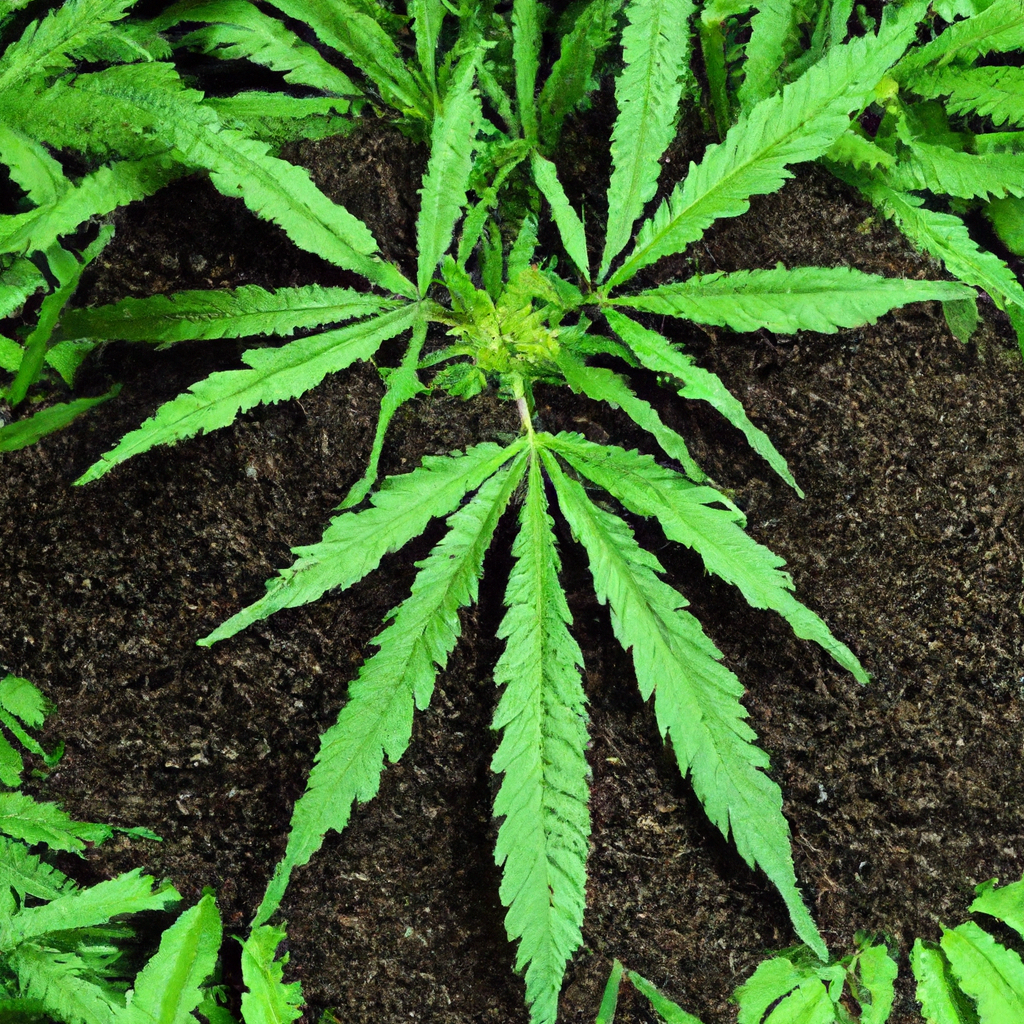Your cart is currently empty!
As more consumers and growers turn to environmentally friendly practices, organic cannabis cultivation has become an increasingly popular choice. By avoiding synthetic chemicals and fostering sustainable ecosystems, organic growers can produce high-quality cannabis that benefits both the environment and consumers. In this article, we explore the best practices for growing cannabis organically, focusing on natural fertilizers, compost, and eco-friendly pest management.
1. Natural Fertilizers: Enhancing Growth Sustainably
Nutrient management is a cornerstone of successful organic cannabis cultivation. Instead of relying on synthetic fertilizers, organic growers use natural alternatives that enrich the soil and promote plant health. Here are some commonly used options:
- Compost: Rich in nutrients, compost improves soil structure and fertility. It is an excellent way to recycle organic waste while boosting plant growth.
- Worm Castings: These provide a potent mixture of nutrients and beneficial microorganisms that enhance soil health and plant growth.
- Fish Emulsion: A liquid fertilizer made from fish waste that is high in nitrogen, promoting vigorous vegetative growth.
These natural fertilizers not only improve cannabis health but also minimize environmental impact by reducing chemical runoff and enhancing soil biodiversity.
2. Composting: The Heart of Organic Cultivation
Building and maintaining healthy soil ecosystems is a critical aspect of organic growing. Composting plays a vital role in this process by recycling organic materials into nutrient-rich soil amendments. Follow these steps for effective composting:
- Select Organic Materials: Use kitchen scraps, yard waste, and other organic materials. Avoid meats, dairy, and oils that may attract pests.
- Balance Carbon and Nitrogen: Aim for a balance of brown (carbon-rich) and green (nitrogen-rich) materials. The ideal ratio keeps compost active and efficient.
- Maintain Aeration: Turn the pile regularly to introduce oxygen, ensuring aerobic decomposition.
- Keep Moist: A moist but not soggy pile encourages microbial activity essential for decomposition.
Effective composting not only bolsters soil health but also reduces waste and supports sustainable cultivation practices.
3. Pest Control: Eco-Friendly Strategies
Organic cannabis growers prioritize pest management solutions that are safe for both the plant and the ecosystem. Natural pest control methods include:
- Companion Planting: Grow plants like marigolds or garlic alongside cannabis to naturally repel pests.
- Neem Oil: A biodegradable oil that disrupts the growth and reproduction of pests without harming beneficial insects.
- Diatomaceous Earth: A natural powder that dehydrates and kills pests when applied to the soil surface.
These strategies effectively manage pests without introducing harmful chemicals into the growing environment, preserving both plant and soil health.
Conclusion: A Greener Future with Organic Practices
Embracing organic cannabis cultivation practices offers numerous benefits, from producing healthier plants to protecting our ecosystems. By using natural fertilizers, compost, and sustainable pest control methods, growers can contribute to a healthier planet and deliver high-quality, eco-friendly cannabis to consumers. The shift towards organic cultivation not only aligns with consumer demand for natural products but also sets the foundation for a sustainable agricultural future.
Move towards a greener future by adopting organic cultivation practices—happy growing!
Discover more from Magic Clones
Subscribe to get the latest posts sent to your email.


Leave a Reply